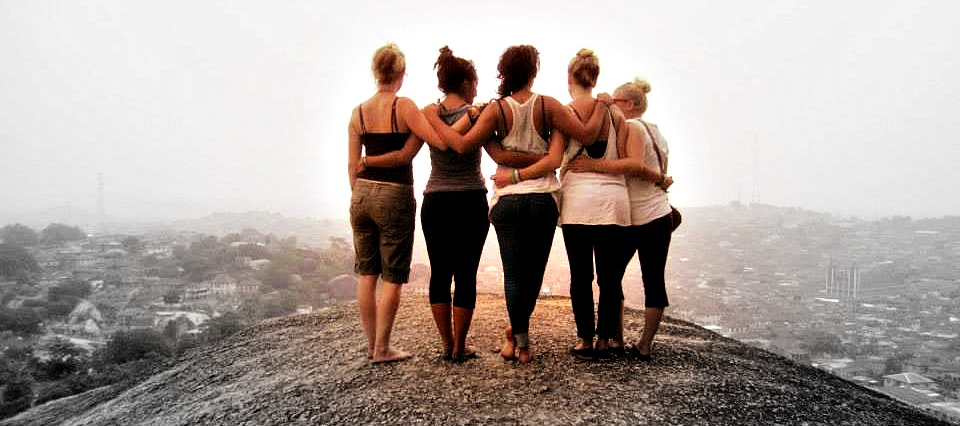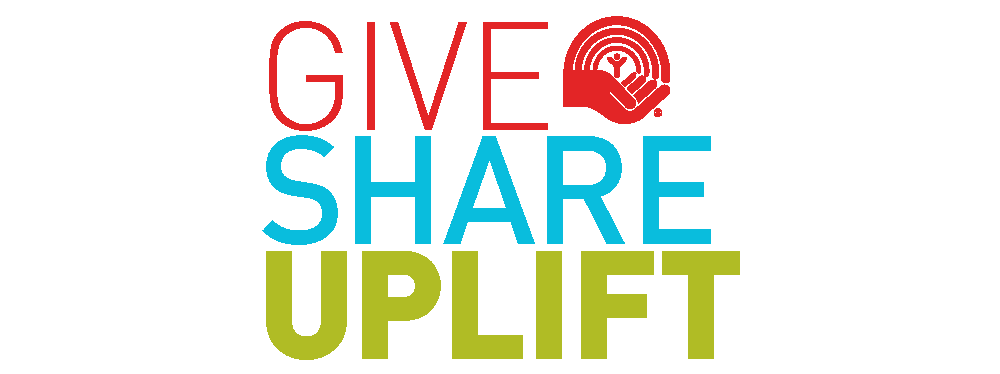
One of the best feelings on campus happens when you get the opportunity to see a wave of relief wash over the face of a student. Whether it’s realizing that they did in fact pass that really hard exam, or that they made the volunteer team, or that they will catch their bus — we see our students make large and small wins every day. However, only a few of us get to see when a student experiences the relief of finally revealing their personal struggles and realizes that they are not alone. As social workers at the U of A, we are among those few who get to see some of these moments.
Fundamental to the community social work field are the notions of building cooperative and connected relationships, using creative means to support success and move social change forward, and promoting participation of diverse groups to come together to identify solutions to their own problems. In these ways we assist and encourage the community to use its own resources to solve problems, address broader social issues, and enhance well-being. And the reality is that despite all of the services that we have here at the U of A’s campuses, we cannot do it alone, and more importantly, we should not do it alone. Our students need to have access to support wherever they are, and that includes the broader community. It’s for that reason that would like you to consider how integration within the larger community can provide the robust and well-rounded support for each and every member of our campus community. Here are four of them:
1) Filling Gaps:
Our local communities provide a complement of services that add to those offered on campus. We are complex individuals, each diverse in the experience we bring with us to the U of A, and intricate in how we experience the world. Having options within our local communities expands our ability to meet individuals where they are, provide specialized and long-term care, and deliver support during times when what is required may be beyond the capacity of our own services or policies. Relationships with organizations like the Today Family Violence Centre have allowed us to provide holistic and specialized long-term support not only to members of our U of A community but their family members and alumni who are taking actions to leave physically and emotionally abusive relationships.
2) Providing Choice:
Being rooted within a large urban centre like Edmonton, or an intimate central city like Camrose, provides us with a diversity of service options. Our staff, faculty and students are privileged to have a comprehensive collection of supports available on campus, and while some of us may prefer to access those services, others prefer the anonymity of accessing support within the local community. In our role as helpers on campus, a diversity of choice provides us with room to take the lead from those we are supporting, having them set the course, and connecting them to the services they want in locations they want them.
For example, if a student and their partner came to us looking for help, but had some understandable concerns about only pursuing on campus supports, we might connect them to community organization like The Family Centre. Responding to a student and their partner’s request for a referral to an off-campus organization, such as The Family Centre, relieves concerns about anonymity and provides space for these individuals to fully participate within a counselling environment that provides them with options of support that fall outside of those offered by services on campus.
3) Building Local Support Networks:
As students, faculty and staff, we spend a large amount of our day on campus but at the end of the day many of us return to our homes, and family/friend networks within the surrounding community. Having connections, formal and informal, close to where you live is not only important for convenience, but also for overall well being. Having a link to support within our community provides us with a sense of inclusion, connection and care. Given consideration number one “Filling Gaps”, being connected and supported both on and off campus in a complementary way provides insulation against times of concern as support networks then follow us wherever we may be.
4) Strengthening Advocacy:
Messaging and advocacy campaigns at the municipal, provincial, national and international levels provide support for our campus initiatives and activities. Having consistent messaging and embedding our work within the larger context extends the reach and impact of our voices and provides opportunities for cross collaboration. Partnerships with the Canadian Mental Health Association permeate across the U of A and messaging from their national mental health campaigns have assisted in lobbying provincial government in support of student mental health funding. Furthermore, their support and involvement in the Mysterious Barricades suicide awareness and prevention concert has widened the reach of the program and provided opportunities for consistent messaging between campaigns on campus and those within the community.
We are optimistic that placing ourselves within the context of the larger community will help you to appreciate the complexity of the world around us and understand the web of networks and connections needed for each of us to be happy, healthy and productive people. Weaving the community and campus fabrics together bridges the gaps and smooths the transitions as we ready students for post university life. After all, our goal is to train students and support staff/faculty to go out in the world and flourish within their personal and professional lives.

The University of Alberta’s United WayThe University of Alberta’s United Way fundraising campaign runs from October 11–27, 2017. To learn more about how your can give, share, and uplift the community through your participation visit the U of A’s United Way website.give, share, and uplift the community through your participation visit the U of A’s United Way website.
Sheena Abar, Naaila Ali, Brianna Bucalo, Stephanie Grant, Jessica Martinez Perez, Heather Ritz, Tiffany Sampson, and Jane Slessor
Sheena, Naaila, Stephanie, Jessica, Heather, Tiffany, and Jane work to support the University of Alberta’s students through their various roles with the U of A’s Community Social Work Team and ACCESS Open Minds group. Overseen by the Office of the Dean of Students, they facilitates presentations, training sessions, and community events to bring students together, build community, decrease loneliness and build capacity that will assist during their time on campus and afterwards.